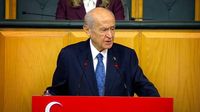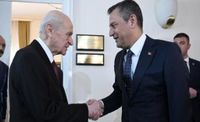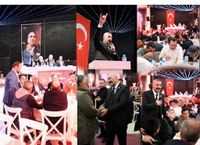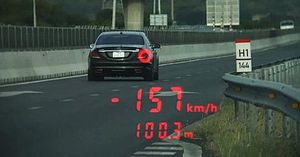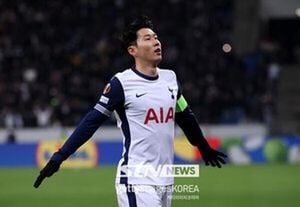The Nationalist Movement Party (MHP) has not held its usual group meeting this week, marking another absence for General President Devlet Bahçeli, who is still recuperating from recent heart surgery. Bahçeli's health has raised significant concerns within the party as he has not participated in a group meeting since January 28, 2025, following a crucial operation where his heart valve was replaced.
The MHP group had previously canceled its meeting scheduled for February 4, 2025. Reports from February 6 indicated that the 77-year-old Bahçeli was recovering well post-surgery but has remained at home, unable to take part in parliamentary activities. This week, Bahçeli missed the eighth consecutive meeting, resulting in speculation about the future of MHP's leadership.
Compounding the situation, the political atmosphere has become increasingly charged. Semih Yalçın, the MHP Deputy Chairman, issued a statement following the arrest of Istanbul Metropolitan Mayor Ekrem İmamoğlu. Yalçın drew attention to the tensions related to the Republican People’s Party (CHP) and criticized them for stirring internal discord by discussing presidential candidacies shortly after recent elections.
In a pointed message via the party's official channels, MHP previously told CHP leader Özel to "respect the judiciary, sit in your party." This response came amid calls for public support towards İmamoğlu, reflecting deeper political rifts between the two parties.
Yalçın emphasized that the discussions initiated by the CHP concerning the presidential nomination only deepened suspicions about the party's stability. He stated, "CHP's attempt to bring up the presidential candidacy issue stirred up internal turmoil within the party and cast a shadow of suspicion on CHP."
Furthermore, Yalçın projected expectations on the CHP to demonstrate a "calm, composed, and democratic attitude" as they navigate these challenges. He further insisted, "CHP must respect court decisions, as emphasized by Devlet Bahçeli." This statement signifies not only the political expectations among party lines but also the scrutiny on CHP's handling of its internal matters.
The incident surrounding İmamoğlu's arrest and subsequent reactions pinpoint a precarious moment for Turkish politics. Yalçın's comments suggest that the upcoming weeks will test the CHP's political resilience as it addresses its recent leadership controversies while Bahçeli focuses on recovery.
As the country continues to navigate these turbulent waters, the questions surrounding Bahçeli's ongoing absence and the impact on MHP’s political strategies remain relevant. Observers are keenly watching to see how MHP will position itself in relation to these rising tensions within the CHP and if Bahçeli's return could stabilize or further complicate party dynamics.
With the stakes high, both parties must engage carefully with their constituencies and remember that the political landscape can shift rapidly. MHP's leadership, especially in Bahçeli's absence, will likely play a pivotal role in shaping the electoral climate in the coming months.
